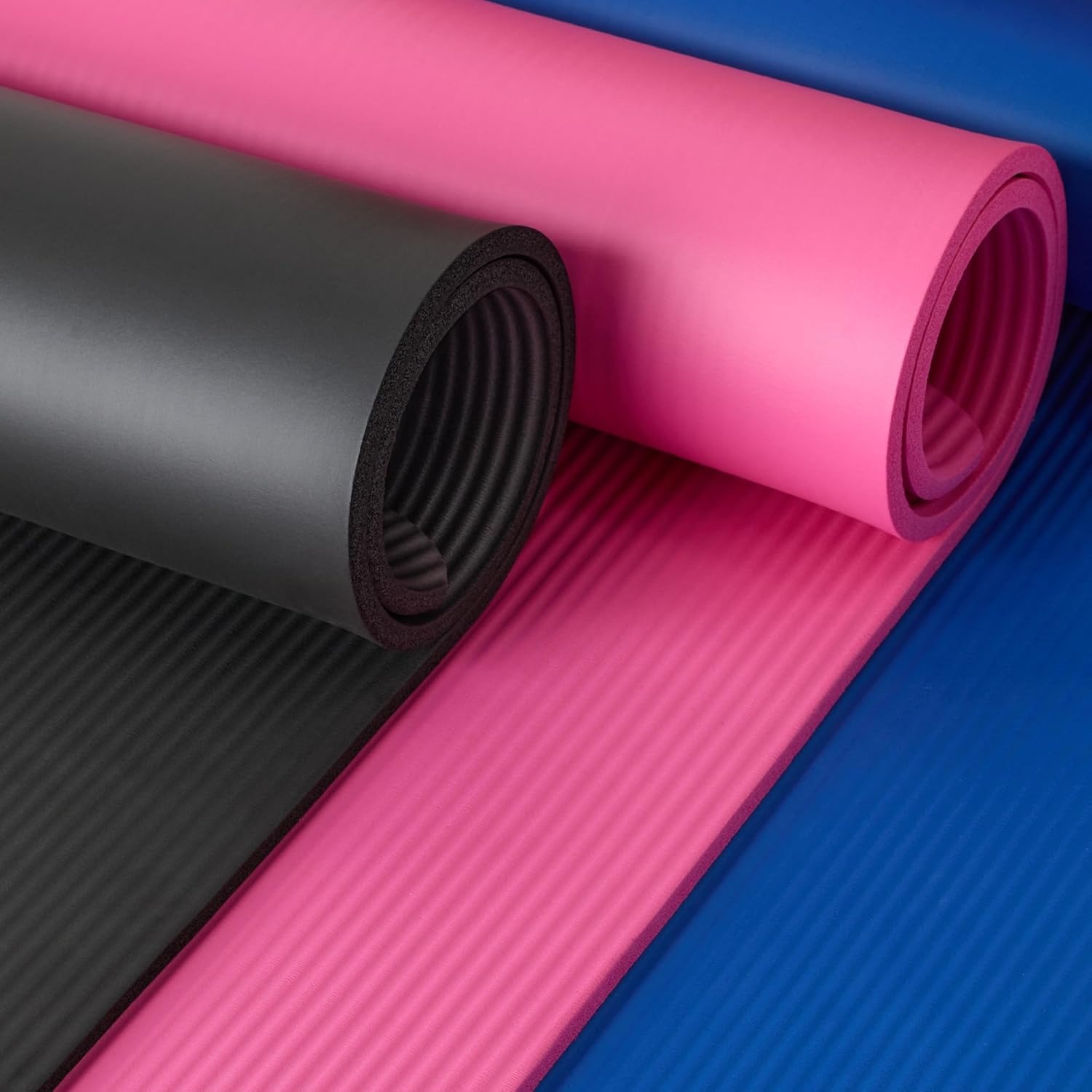Introduction to Protein and Children’s Diets
Protein is a building block for growing bodies. Kids need it for strong muscles and to help their bodies repair. Different foods give kids the protein they need. Meat, eggs, beans, and dairy are great sources. But sometimes, kids might not get enough from food alone. This can happen with very picky eaters or some who eat no meat. Then, parents might think about protein powder. Is protein powder safe for kids? It’s a supplement that can add protein to a child’s diet. But, it’s important to know if these powders are safe for kids. Most children can get enough protein without supplements.
Before thinking about protein powder, it’s best to try and get protein from foods first. If you’re worried your child isn’t getting enough, talk to a doctor or a dietitian. They can help you figure out what’s best for your kid. They may recommend more protein-rich foods or, sometimes, a supplement. But, remember that not all protein powders are made for kids. So care is needed when choosing the right one.

Understanding Protein Requirements for Different Age Groups
Children have varying protein needs as they grow. From toddlers to teens, protein supports their development. Is protein powder safe for kids? Young kids, ages 1-3, need about 13 grams daily. As they reach school age, from 4-8 years old, it’s around 19 grams. Those 9-13 years old require closer to 34 grams each day. Adolescents, aged 14-18, require even more — girls need about 46 grams, while boys need about 52 grams. It’s key to adjust their diet as they age to meet these needs. Always keep in mind: their activity level and growth rate will influence the exact amount. It’s all about balance — ensuring enough, but not too much, protein for their health.
Potential Benefits of Protein Powders for Children
Is protein powder safe for kids?Protein powders may offer benefits for some kids. These include children who are picky eaters or have special dietary needs. For example, kids on vegan diets might not get enough protein from food. Protein powders can then help fill this gap. They can also aid kids who are underweight or not growing well. But always check with a healthcare provider first. Only give kids protein powders made for them, not adults. Look for powders that are safe and match your child’s needs. It’s key to use these products the right way.
Common Types of Protein Powder for Kids
When boosting kids’ protein, powders can help. Various types exist, tailored for little ones. Let’s explore them together. Whey comes from milk; it’s rich in essential amino acids. Plant proteins like pea or rice offer a vegan option. For certain kids, these powders can be a boost. But remember, they’re supplements, not meal replacements. Always choose powders designed for young bodies. Go for quality, safe options with minimal added sugars or chemicals. And, most importantly, talk to a doctor or dietitian before starting.

Assessing the Safety and Quality of Protein Powders
When picking protein powders for kids, safety comes first. Look for key details. Check if the FDA has approved the powder. Seek powders with good manufacturing practice (GMP) marks. They show high standards. Avoid powders with a lot of sugar and additives. Choose powders with simple ingredients. Ask your doctor for advice. They can recommend safe options. Consider third-party testing. It confirms powder quality. Remember, whole foods are best. Use powders only as needed.
Appropriate Usage of Protein Powders for Children
When a child may need protein powders, the choices should suit their small bodies. Is protein powder safe for kids? Not every kid needs them. Doctors or dietitians can guide parents the best. They know if added protein is right. A child’s diet should have varied foods first. Powders are just a small part of this. When they are used, they must fit a child’s daily needs. This means no unnecessary sugar or additives. Only use them as a boost, not a meal swap. Keep track of how much protein a child gets. Too much from powders and food can harm growth. Balance is key for a child’s health and growth. Always check with a health expert before starting any powder.
Risks Associated with Protein Supplements for Youngsters
Children can face risks from too much protein in supplements. Their little bodies may not handle the excess well. Protein overload can lead to kidney issues, since kidneys filter protein. It might cause tummy troubles, like diarrhea or cramps. Long-term, it can even affect their growth. High protein can add too many calories, and possibly lead to weight gain. Always avoid giving adult powders to kids. They’re not made for young, developing bodies. Instead, check for powders specially designed for children. It’s vital to talk to a healthcare provider before using any protein supplements.
Parents often wonder if adult protein powders are okay for kids. The answer is usually no. Children have unique nutrition needs. Adult supplements might have too much protein or other nutrients. They can also contain additives not suitable for young bodies. It’s better to choose powders specially made for kids. These are lower in protein and safer. Always check labels and consult with a doctor or dietitian first. Stick to kid-friendly brands. They understand what little ones need for healthy growth. Remember, when it comes to kids, more protein isn’t always better. Balance is key for their well-being.

Whole-Food Protein Alternatives for Growing Children
Good nutrition for kids often means whole foods. They’re the best source of protein. Meats like chicken, fish, and beef give great protein. Don’t forget about eggs and dairy, like milk and cheese. Plant-based kids get protein from beans, lentils, nuts, and tofu. Whole grains offer some protein too. Remember, a varied diet is best for kids. It gives all nutrients for growth.
Choosing the Right Path: When to Consider Protein Supplements
Sometimes, kids might need more protein. This could be because they’re picky eaters or vegetarian. Maybe they don’t eat certain protein foods. Then, a doctor or dietitian might suggest a supplement. But it’s best to check with them first. They’ll help choose if supplements are safe and right for your child. Always look for high-quality, kid-friendly protein powders. They exist just for little ones.
Choosing the Right Path: When to Consider Protein Supplements
Sometimes, despite our best efforts with food, kids might still need a protein boost. This can happen for various reasons. If a child is a picky eater or follows a vegetarian diet, they might miss out on some protein-rich foods. Or, they could have conditions needing more protein, like rapid growth or high activity levels. In such times, a doctor or dietitian may suggest a protein supplement. The expert will look at your kid’s whole diet. They will tell if supplements can help make up for missing protein. It’s key to only go for top-notch, kid-specific protein powders. They are meant just for children’s unique needs. Always speak with a health pro before starting any supplement. They guide you to safe and correct choices for your child.

Conclusion
In recent years, protein powder has gained popularity among fitness enthusiasts. Parents often consider its use for their children, especially active ones. However, the safety and necessity of protein powder for kids warrant careful examination.
Children typically receive adequate protein from a balanced diet. Foods such as meat, dairy, legumes, and nuts serve as primary sources. For most kids, these natural options provide essential nutrients alongside protein. Thus, protein supplements may not be necessary. Moreover, excessive protein intake can lead to health issues. It may strain kidneys and lead to dehydration or digestive problems.
Parents should also be aware of potential additives in protein powders. Many products contain artificial sweeteners, heavy metals, or high sugar content. These ingredients can negatively impact a child’s health. It’s crucial to scrutinize labels and select products carefully, if considering protein powder.
Transitioning from food to supplements can also influence a child’s eating habits. Relying on protein powder may prevent children from enjoying diverse foods. This shift can create a narrow palate, limiting their nutritional intake. Nutrition should ideally come from whole foods, which also offer vitamins, minerals, and fiber.
Making Informed Choices
In conclusion, protein powder is generally not recommended for children. It’s essential to prioritize a balanced diet rich in natural sources of protein. For picky eaters or kids with specific dietary restrictions, consulting a pediatrician or registered dietitian is advisable. They can offer tailored advice based on individual needs.
Ultimately, protein powder should only be considered after thorough research and guidance from health professionals. Ensuring a child’s growth, health, and dietary habits remains the top priority. A well-rounded diet will always triumph over supplements for developing bodies and minds.



